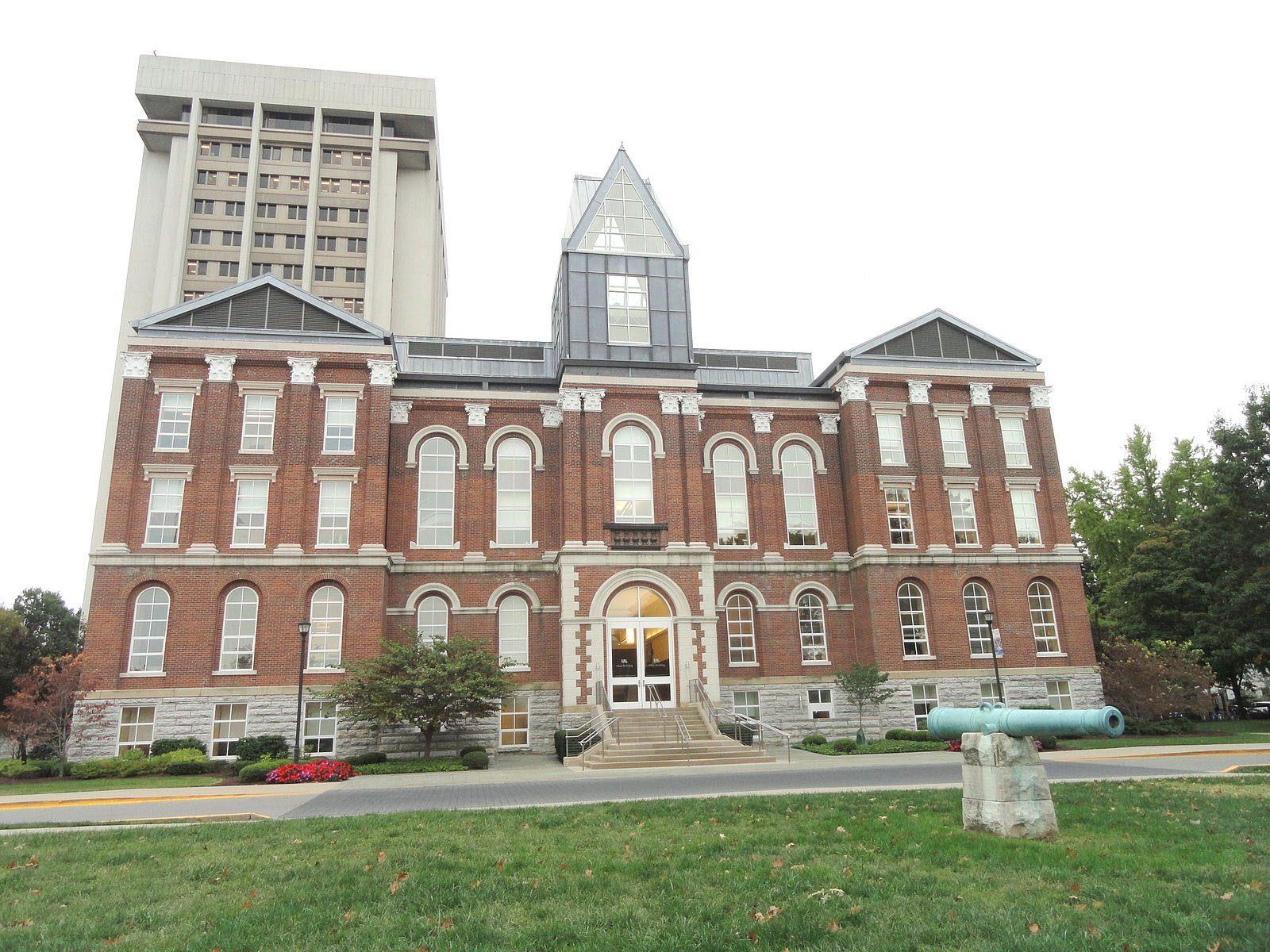Incoming and perspective college students are bombarded with messages and presentations on the lengths that colleges are going to ensure their students’ safety on campus. Blue light systems, heavy police presence and school sanctioned transportation all help ease the minds of students and parents. However, these safety precautions do not seem to be enough.
Colleges are not blind to the crime that occurs within their quads, blocks or buildings. The statistics involving crime, specifically sexual assault, on college campuses are jarring and sometimes hard to believe. Every one in five women experience sexual assault during their undergraduate education, according to a Huntington Post article. Most of those women won’t tell the authorities or seek legal action, and when they do, convictions are extremely hard to come by.
BuzzFeed reported on Tuesday that in Dec. 2015, two graduate students at the University of Kentucky accused a professor of sexual assault. During an investigation conducted by the university, the professor resigned from his tenured position, but continued to received salary with medical benefits until August, 2016. The university also agreed to conceal all information about the investigation to the professor’s future employers.
The University of Kentucky’s independent student newspaper requested records about the sexual assault case three months after the incident, but their request was denied by the university. The Kentucky Kernel then received a tip about the case and decided to investigate after the initial allegations were made.
After the Kernel published about the case, the state’s attorney general demanded the university to release records regarding its investigation. The University of Kentucky then filed a lawsuit against the Kentucky Kernel, claiming that releasing these documents would be a violation of student privacy. The court agreed, ruling that the university is not required to release any information, even redacted records.
There are many instances where universities believed to purposefully mishandle sexual assault cases. Columbia University, American University and the University of Alabama at Birmingham are a few examples that have actually gained press coverage. There are undoubtedly more that don’t even make it past administration office’s doors. It is unfortunate and upsetting to observe that universities don’t always put their students above their own best interests. We should expect and rely on the administrative bodies within higher education to protect their students to their greatest abilities. In this case, the exact details and motivations behind the University of Kentucky’s lawsuit are unclear. Are they truly looking out for the victims’ privacy or are they afraid to make more details public?
Specifically during sexual assault cases, universities, whether, private or public, have a conflict of interest. They’re required to represent the professor under their employment but also expected to be responsible for the well-being of their students. How can a university attempt to look out for the best interests of their students while simultaneously trying to preserve their reputation and those of their employees? In this kind of criminal case, it is nearly impossible to do both at the same time.
Due to the minimal repercussions given to the accused professor, it does not seem like the victims were the University of Kentucky’s first priority. The decision to release forms regarding the case should, for the most part, fall onto the shoulders of the survivors of the assault. If they wish to shed light on these traumatic experiences, then their voices should have the opportunity to be heard. Should the victims want the state’s involvement, then the university needs to release these documents. If not, the university should continue to do to whatever is in their power to protect their privacy. It is understandable for victims of crime of this nature to try to avoid reliving their trauma. This lawsuit could be tainting their experiences at the university even more.
By focusing on the Kentucky Kernel’s prowess to see the details of this case instead of the sexual assault itself, the main issue is being pushed to the side. Sexual assault on college campuses is extremely prevalent and needs to be addressed properly and seriously by administrations. Accusations of sexual assault, especially when they involve professors, ought to have thorough investigations to confirm or deny the legitimacy of the allegations. The University of Kentucky decided to sue the Kentucky Kernel instead of properly discipline a professor implicated twice of sexual assault. This won’t be disregarded by their students. The fact that the headline is about a student newspaper’s desire to report rather than a professor being accused of sexual assault already gives students insight into their university’s top concerns.



















































































































